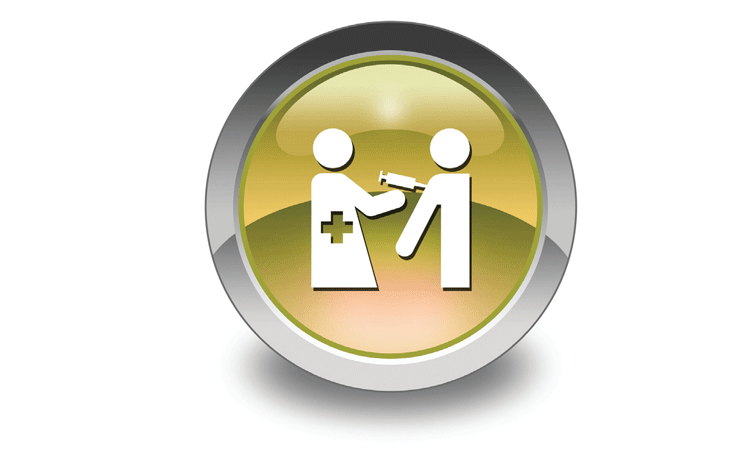
Health News
Features
-
Knowing whether or not to call 9-1-1
Recognizing an emergency versus non-emergency and how to get help Imagine this— it is 11 o’clock at night and you’re at home watching television. You see lights from a vehicle driving past your home. You can hear that the vehicle is slowing down and you look out the window to see the lights have been…
-
Local Health Update: All eyes on Amendment 2
Public forum on medical marijuana brings cheers and boos The Public Forum on Medical Marijuana hosted by the Lakeland Ledger was held at 6 p.m. in the auditorium of the Harrison School for the Arts. There was a lot of cheering and booing going on Thursday night, August 28, at the Medical Marijuana Forum, as…
-
Pop Quiz: The reality of breast cancer in men
Test your knowledge and be prepared to prevent and detect Breast cancer awareness is generally directed at women, but it’s a disease that can affect men as well, albeit at a much lower rate of occurrence. Despite being less common, male breast cancer is a serious concern because it can be just like any other…
Columns
-
Medical Advice: Your flu prevention to-do list
AS YOU GATHER your “to-do” lists and prepare for the holiday season ahead, the Florida Department of Health in Polk County recommends you add one more important step — get a flu shot! The flu shot is the best way to protect our families and communities against the spread of influenza. When you make it…
-
Family Health: Flu shots for seniors
HE FLU is nothing to sneeze at. According to the U.S. Centers for Disease Control and Prevention, approximately 200,000 people will be hospitalized this year with the influenza virus, and it has been estimated that 50 to 70 percent of those hospitalized are people age 65 and older.
-
Word of Mouth: Your dentist is key to early cancer detection
IT SEEMS LIKE you hear about many different kinds of cancers these days, but one that isn’t being talked about enough is oral cancer. Cancer in the mouth and throat are diagnosed in nearly 50,000 Americans a year, and statistics show that only 57 percent of those diagnosed still will be living in five years.





